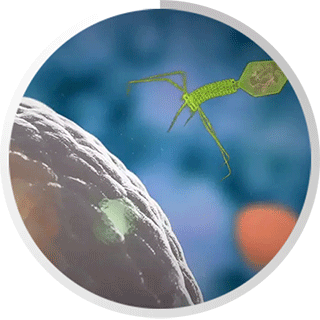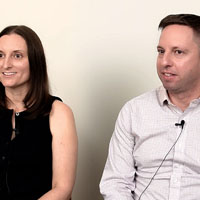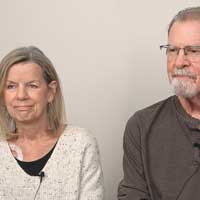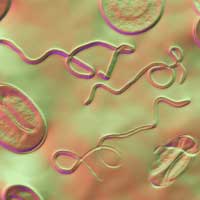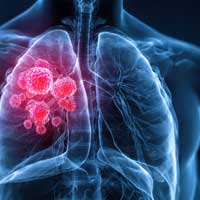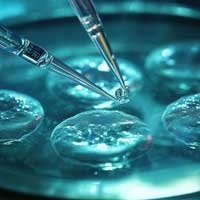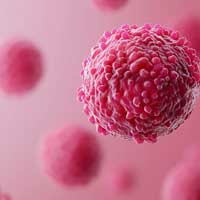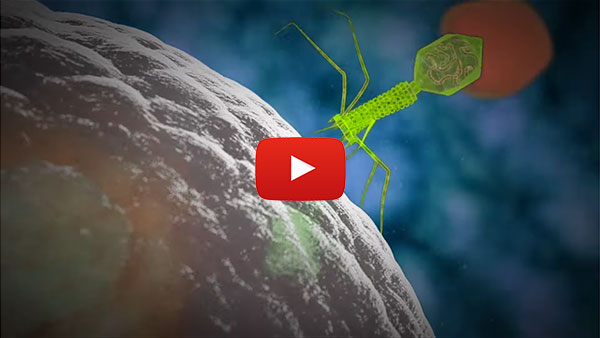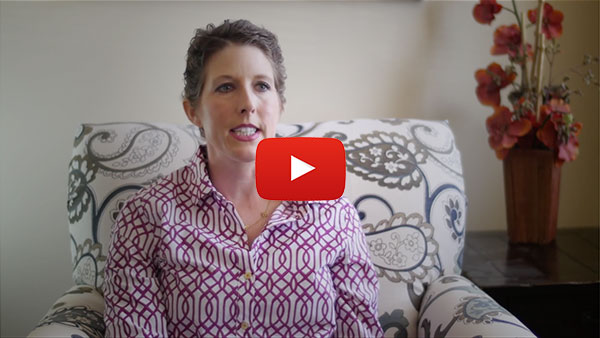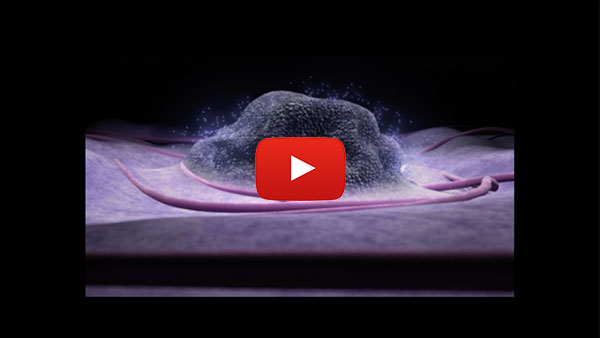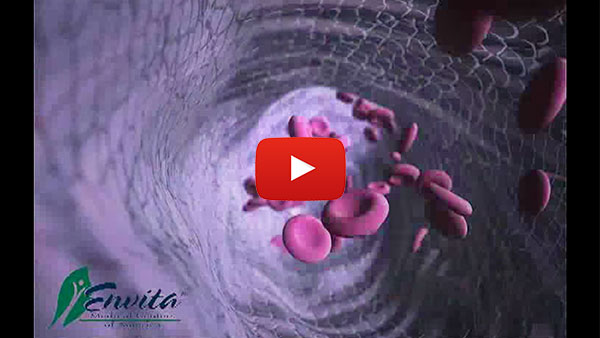Know All of Your Options When it Comes to Fighting Cancer

Too many people are dying due to the ineffectiveness of late stage cancer treatments. How many times have we all seen someone we know struggle and suffer? Cancer, unfortunately, has become an industry entrenched in an unbalanced approach of chemotherapy and radiation as its singular focus. Patients and doctors alike have somewhat blindly accepted these choices as the only "proven" methods to treating cancer, since the war on cancer was initiated.
This video is copyrighted by © 2012 NEHST STUDIOS
All too often, with their lives on the line, cancer patients find themselves on the fence about which direction to go for treatment. A lack of awareness and understanding creates a familiar loyalty to the "traditional pharmaceutical model" by both doctors and patients. This has created both confusion and poor outcomes in late-stage cancers.
It is important to point out that there is a place for targeted pharmaceutical treatment, however, when the pharmaceutical drug model is the only option patients hear and know about, they can't make the best decision for themselves. The questions every cancer patient should be asking are important, yet simple. Should patients continue chemotherapy, even if it didn't work the first time? What other options are out there for cancer patients?
Cancer patients are typically willing to follow their doctors thoughtlessly, without researching and being given the additional options that exist for late-stage cancer treatment. The largest and most prestigious cancer hospitals and institutions will provide a one-way track for all patients struggling with cancer. In fact, they may be the biggest culprit for the one-way street that has become cancer treatment.
It has become par for the course in using the same-old treatment protocols with the expectation of different or better outcomes. The treatment options you're not aware of should be disconcerting to you. Below, we will discuss the important questions posed at the onset of this article. Then, we will introduce a refreshing approach to help patients outperform today's oncology treatment regimens in late-stage cancer.
Should I Continue with Chemotherapy if it was Ineffective for Me Previously?
If you look at the data, it is clear that chemotherapy is only 2% effective in late-stage cancers, especially when used in the standard protocol methods. Our article, Finally, Chemotherapy Game-Changers will help provide essential information on the subject. However, if chemotherapy is to be pursued at all, it must be done with genetic-typing against the patient's tumor itself and given in fractionated or lower pulsed doses so that the immune system can remain intact. Conventional medicine practically ignores this, which may explain the poor results that they produce. We will explain our obligation to and the necessity of this approach.
What About Radiation Treatments?
While we are talking about chemotherapy, it's worthwhile to review radiation therapy for late-stage cancers. Radiation outcomes will vary depending on the equipment selected and the physician conducting the treatment. Understand that one cannot expect the same standard performance everywhere.
In our experience, with complex and late-stage cancers, radiation cannot be used alone and additionally, it requires extreme planning. One of the essential factors in radiation treatment, often overlooked, involves the total integral dose of radiation the patient is exposed to. Meaning, the targeted treatment of the tumor as well as minimizing the radiation exposure time to lessen any collateral damage.
The long one month plus radiation treatment plans destroy the patients' health and immune system. Radiation oncologists do review the overall radiation exposure of their patient, however, it's not related to the patient's comprehensive and critical immune function, this is a critical difference. Frankly, radiation treatments must be provided with the latest equipment, targeting methods and planning to include immune system sparing strategies.
Nevertheless, in the end, chemotherapy and radiation treatments do not seem to be enough in late-stage cancers. The comprehensive statistics for late-stage cancers confirm this. Therefore, how can a patient outperform the standard protocol and establish a better quality of life and overall increased remission rate in late-stage cancer?
What About Radiation Treatments?
Over 10,000 times a day a healthy immune system eliminates cancer cells and precancerous cells. So what happens to late-stage cancer patient's immune systems? We discovered that patients with overall superior immunity and in particular, natural killer cell function, lived longer, responded considerably better to treatment and had a better chance of going into remission especially in late-stage, complex cancers.
The immune system deals with micro and macro-metastatic spread of the cancer in a way that is completely different than chemotherapy and radiation. In 2006, we began to develop an immune system based cancer treatment called AAIT designed to increase CD56 and CD57 Natural Killer cells. AAIT treatment dramatically increased the number and function of natural killer cells in each patient. The outcome has been astounding and a vital step to helping patients.
Late-Stage Cancer Patients Suffer From Impaired Immunity and Metastasis
It is the spread or metastasizing cancer cells that claim lives. When cancer cells cannot spread, the patient does not die of cancer. In fact, this is an essential characteristic of benign cancers (non-life threatening). Chemotherapy can kill cancer cells that are spreading, however, the cancer cells must be active (displaying growth behaviors of active cancer cells).
It is important to note that there are both dormant and active forms of metastasis happening simultaneously in almost all cancer patients. If the chemotherapy is working, it can only affect the active metastatic cells until the cancer becomes resistant to the chemotherapy. In addition, cancer cells go "rogue" and produce proteins like fibroblast to block chemotherapy. However, when your immune system is targeted (particularly Natural Killer cells) against the cancer cells, it can seek and destroy both dormant and active metastasis and burrow through fibroblast to kill cancer, these are very important distinguishing factors related to the immunotherapy.
To make matters worse, chemotherapy and radiation are mainly responsible for destroying immune function in patients and essentially leaving the body unprotected, encouraging cancer spread and leading to death in late-stage cancers. Most doctors will never discuss these points because they are limited to the options they can offer patients.
Conventional Chemotherapy Can Do More Harm than Good
Chemotherapy agents will destroy cancer cells temporarily, but it is known that there is a rebound "metastasis effect" that nearly always takes place at the same time. In addition, chemotherapy crushes the patient's immune system, and can create chemo resistant cancer cells! With regards to the "metastasis effect", a patient may see an explosive growth of the cancer, months later, which was not visible by imaging before.
Those new cancer cells would exist in a micro-dormant phase. Typically, a strong immune system would take care of the metastasis, but after conventional chemotherapy a patient's immune system is so debilitated, it cannot hold them back from growing and spreading. Clinically, it depends on the total amount of chemotherapy and radiation that was used in relation to how much the immune system becomes damaged.
If you notice in the clinical studies of new chemotherapy drugs, they may extend life in late-stage cancer for up to two or three months at the most. These drugs will create hundreds of millions in sales. However, for most individuals, the cancer will return more resistant and more difficult to treat. So the question is: Did the new blockbuster drug solve the problem? No.
What You Don't Know Can Harm You
Cancer doctors ignore the immune system. From a clinical perspective, it is uncommon for cancer doctors to test their patients' immune system function in detail. There is no protocol in oncology for treating impaired immune function, so they don't look for it. Oncologists do look for general neutropenia (at total White Blood Cell reduction caused mainly by chemotherapy treatment). However, no one outside of a small few researchers and Envita are routinely testing and reviewing the patients' cancer fighting immune components.
These cancer fighting cell markers such as CD56 and CD57 are always impaired and decreased in cancer patients. In 2004, Envita's medical team noticed that these immune system markers for Natural Killer cells were particularly low in patients undergoing conventional chemotherapy and radiation. They had a severely impaired/depressed Natural Kill cell cytotoxicity function. This can mean only one thing for most cancer patients a return of a more severe, resistant cancer. This motivated our team to find a solution (AAIT) that has given our patients a substantial clinical advantage and outperforming their previous conventional treatments.
The Solution - Advanced Immunotherapy
If there is one critical life-saving, take-home message in this article, it is that the immune system is everything in treating cancer and especially late-stage cancers. Essential immunotherapy refers to enhancing, re-balancing, strengthening and targeting the immune system to fight cancer and more importantly your particular cancer.
In 2006, we developed a treatment called AAIT, which is a highly effective cancer immunotherapy treatment offered only at our Mexico center. In essence, our AAIT treatment enhances the immune system's ability to kill cancer cells and attack metastasis in a completely different manner than chemotherapy, radiotherapy or surgery. AAIT is akin to an immune system transplant. Unlike organ transplants, where organs are obtained from one person and given to another, the cells that are transplanted in the AAIT process are actually autologous (taken from the patients' own cells.)
However, the AAIT cells are grown into therapeutic numbers in the lab, activated, and "trained" to fight cancer by seeking out and destroying cells, tumors, and metastasis. This is one of many immunotherapy options offered at Envita. We understand and are committed to improving immune system function. We specialize in integrative cancer treatment taking the best practices from both the conventional and natural cancer treatments.
We encourage you to contact us with any questions. For over a decade, we have been helping cancer patients, and we are happy to help you. Visit our Facebook page for frequent health updates, articles, patient stories and new technology news to help patients.

